What are the weapons of choice employed by Culture War activists? Emotions and accusations certainly, but also, more subtly perhaps, they use a number of newly crafted virtues.
In her short monograph, 21st Century virtues: how they are failing our democracy, Lucinda Holdforth drew an interesting inventory: authenticity, empathy, humility, self-care, and vulnerability.
Already a subscriber? Log in
Subscribe for just $2 a week
Try a month of The Spectator Australia absolutely free and without commitment. Not only that but – if you choose to continue – you’ll pay just $2 a week for your first year.
- Unlimited access to spectator.com.au and app
- The weekly edition on the Spectator Australia app
- Spectator podcasts and newsletters
- Full access to spectator.co.uk
Or

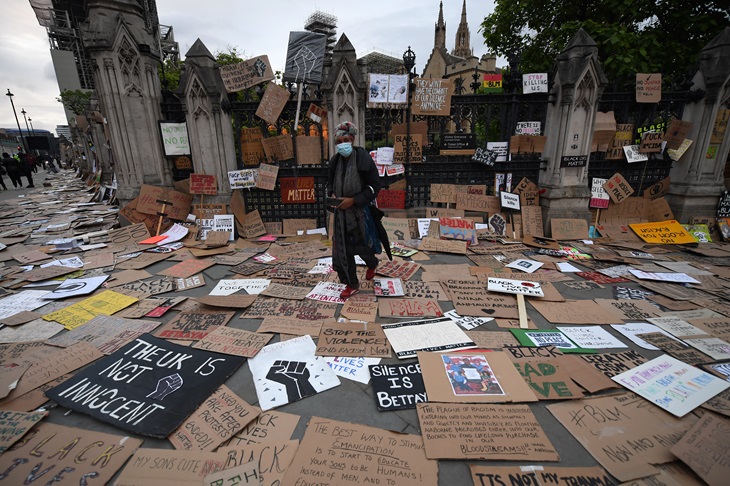


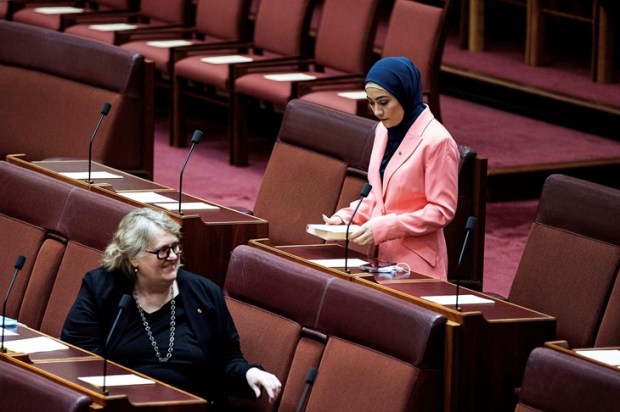
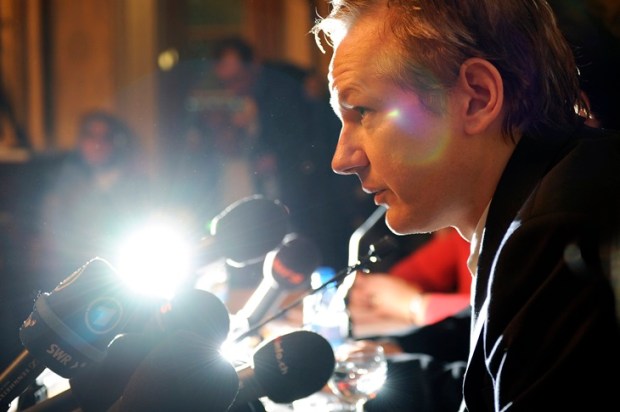
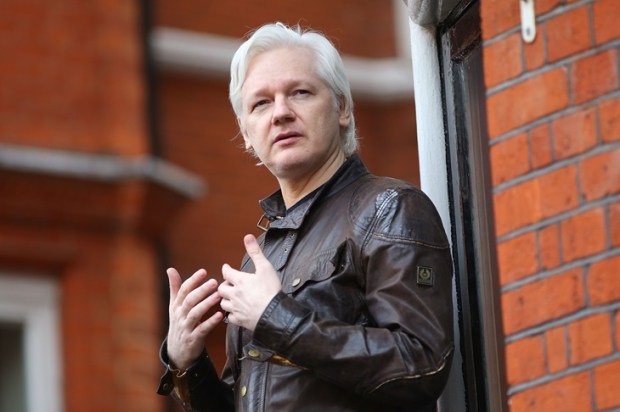
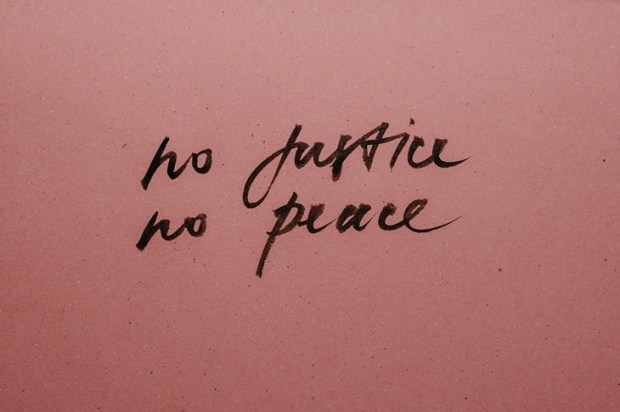


















Comments
Don't miss out
Join the conversation with other Spectator Australia readers. Subscribe to leave a comment.
SUBSCRIBEAlready a subscriber? Log in